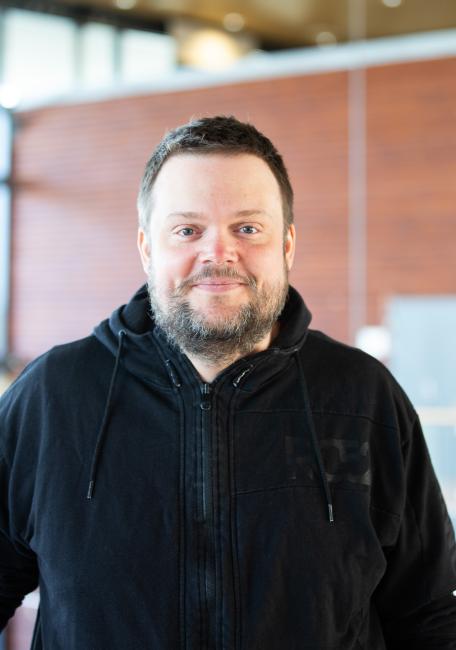Cybersecurity researcher have developed new protection against AI analysis
2024-05-24Researcher Tobias Pulls from the Department of Computer Science at Karlstad University, together with the Gothenburg-based company Mullvad VPN, has developed a new protection named DAITA ("Defense against AI-guided Traffic Analysis").
The protection against the rapid AI development in traffic analysis is available in Mullvad's VPN app on various platforms throughout the year, which has over a million downloads worldwide.
"AI has become incredibly good at recognizing patterns even in encrypted internet traffic, which means it is possible to see how active you are and draw conclusions about what you are doing online. We have developed a concrete tool available in Mullvad's app that is simply an on/off switch that smartly creates noise in the traffic, making it harder to find patterns even with the help of AI," says Tobias Pulls.
Everyone who surfs the web has a public IP address that can be identified and used to map us. A so-called VPN creates an encrypted tunnel and protects your identity online by hiding your IP address. What has not been well hidden are the patterns in the encrypted traffic between the user and the VPN service, something that AI is getting better at learning from.
"We take encryption and secure communication for granted, but the fact is that many people today can see who is communicating with whom and when, which is a goldmine. If I know who you know, I know a lot about you, what websites you visit, and what times of day you are there. These are general security aspects that do not have built-in protection in the communication systems most of us use today ... but that is what we are working on changing!"
Tobias Pulls has been researching this area for many years and, among other things, laid the foundation for the defense framework Maybenot, which is used in DAITA. In the last two years, the research has been part of the DRIVE project, and Tobias believes that AI will significantly change the field of cybersecurity in the future.
"The DRIVE project pushes research forward and is at the forefront of the field: we combine knowledge of AI, cybersecurity, and networking in a unique way. It has been two years since I received the assignment, but there are many steps left until this type of protection becomes standard," concludes Tobias Pulls.



